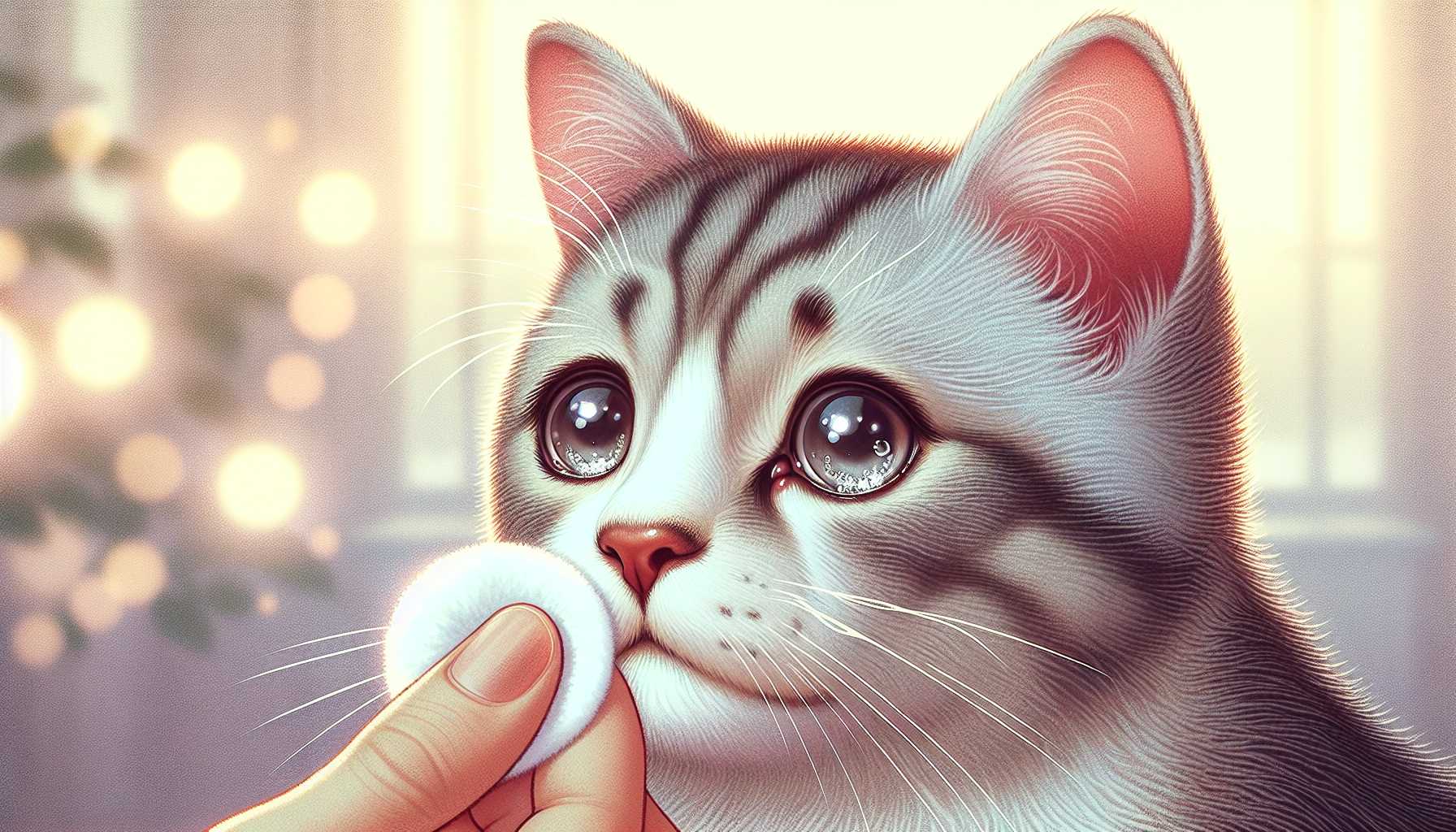Does your furry companion intermittently squint or have runny eyes? This can be a symptom of cat’s eye infection, but don’t fret as you are not alone. It’s pretty common in cats and, the good news is, there are ample natural ways available to assuage your kitty’s discomfort.
How to Spot an Eye Infection in Your Cat
Be observant for these distinctive signs:
– Inflammation bordering the eye
– Excess blinking or narrowing of eyes
– Discharge from eyes which can be yellow or green
– Puffy eyelids
– Consistent pawing at the eye
– Persistent watering of eyes
Secure Home Treatments to Explore
Compress Utilizing Chamomile Tea
After brewing a pot of chamomile tea allow it to cool down totally. Use a sterilized cotton ball to gently clean your cat’s eye. Chamomile is rich in anti-inflammatory properties which can help alleviate irritation.
Application of Saline Solution
A mild saline solution can be an effective eye cleanser for your cat. Combine ¼ teaspoon of salt with 1 cup of lukewarm water. Make sure to use a new cotton ball for each eye to circumvent cross-contamination.
Inclusion of Apple Cider Vinegar
Introduce a teaspoon of organic apple cider vinegar to your cat’s water dish. This helps fortify their immune system from within.
Suggestions for Prevention
Ensure your pet’s ocular health with these uncomplicated measures:
– Periodic cleaning with a moist cloth
– Keep their faces dry after they eat
– Groom the fur around their eyes
– Maintain a hygienic living space
Understanding When to Consult a Vet
Despite natural remedies being a great help, there are situations that call for professional medical intervention:
– If the infection persists longer than a week
– Severe inflammation or distress
– Alterations in demeanor or food intake
– Murky or blood-tinged discharge
Vital Precautions
Be mindful of the following:
– Use fresh, hygienic materials for each eye
– Monitor for potential allergic reactions
– Exercise care while administering treatments
– Avoid using human eye drops without seeking veterinarian’s advice
Conclusion
Natural remedies can act as effective solutions for minor eye infections in your feline companions. However, it’s essential to observe your pet closely for escalating symptoms and consult a veterinarian when necessary.

